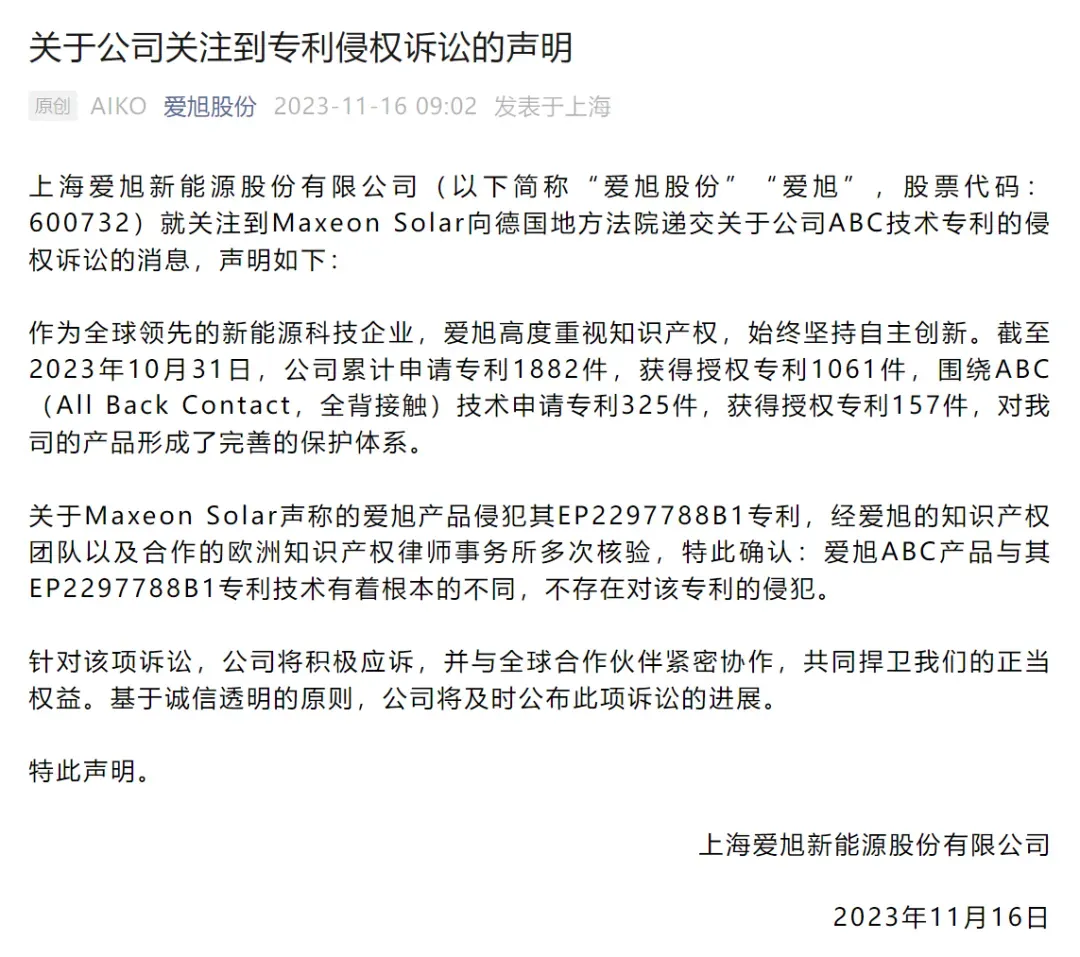Affordable Options for AC Solar Panels and Their Prices Explained
Understanding AC Solar Panel Pricing Factors and Trends
The increasing awareness of climate change and the quest for sustainable energy solutions have led to a surge in interest surrounding solar energy. One of the key components to this renewable energy revolution is the solar panel, and among the different types available, AC solar panels have gained considerable attention. This article will explore the pricing of AC solar panels, their advantages, and the factors influencing their costs.
What are AC Solar Panels?
AC solar panels are equipped with microinverters that convert the direct current (DC) generated by the solar cells into alternating current (AC) for use in homes and businesses. This design enables each panel to operate independently, which enhances the overall efficiency of the solar array, especially in conditions where some panels may be shaded or dirty. The ability to monitor the performance of each panel individually is another advantage of AC systems, providing homeowners and energy managers with valuable insights into their solar production.
Pricing of AC Solar Panels
The price of AC solar panels can vary significantly based on several factors. As of late 2023, the average cost of solar panel systems—AC solar panels included—ranges from $2.50 to $4.00 per watt. Therefore, for a typical residential installation of a 6 kW system, homeowners can expect to pay between $15,000 and $24,000 before any applicable tax credits or incentives.
Factors Influencing Price
1. Component Quality The quality of the solar cells, inverter technology, and overall manufacturing processes play a significant role in determining prices. Higher-quality components often come with a premium price tag but may result in better performance and longer warranties.
ac solar panel price

2. Installation Costs The cost of installation can vary depending on the complexity of the system, labor rates in the area, and the experience of the installer. An experienced installer may charge more but can often provide a more reliable installation, which can save costs in the long run.
3. Market Demand As more homeowners and businesses adopt solar energy, the demand for AC solar panels has risen, potentially driving up costs. Additionally, supply chain issues and tariffs on solar products can also impact prices.
4. Geographical Location Prices can differ based on regional factors, including local regulations, incentives, and the state of the solar market. Some states offer significant tax credits or rebates for solar panel installations, which can reduce the overall cost for consumers.
5. Financing Options Consumers can choose various financing options, such as purchasing the system outright, taking out a solar loan, or utilizing a power purchase agreement (PPA). The method of financing can influence the upfront cost, long-term savings, and overall financial benefits associated with AC solar panels.
Future Trends in AC Solar Panel Pricing
As technology continues to advance, the costs of solar installations, including AC solar panels, are expected to decrease. Innovations in manufacturing processes, improvements in energy efficiency, and economies of scale from increased production will likely contribute to lower prices. Additionally, the global energy transition to renewable sources may increase funding for research and development, leading to more advanced, cost-effective solar solutions.
Conclusion
Investing in AC solar panels is an increasingly viable option for homeowners and businesses seeking to reduce their energy costs and environmental footprint. While the upfront costs may vary, the long-term savings, coupled with the advantages of enhanced performance and monitoring capabilities, make AC solar panels a smart choice in the transition towards sustainable energy. As prices continue to evolve, consumers can benefit from thorough research, keeping an eye on industry trends and available incentives that further lower the barrier to entry for solar energy adoption.
-
String Solar Inverter: The High-Efficiency Solution for Smart Solar EnergyNewsJul.14,2025
-
Revolutionizing Rooftop Energy with the Power of the Micro Solar InverterNewsJul.14,2025
-
Power Independence with Smart Off Grid Solar Inverter SolutionsNewsJul.14,2025
-
On Grid Solar Inverter: Powering the Future with Smart Grid IntegrationNewsJul.14,2025
-
Monocrystalline Solar Panels: High-Efficiency Power for the Future of Clean EnergyNewsJul.14,2025
-
Bifacial Solar Panel: A Smarter Investment for Next-Generation Energy SystemsNewsJul.14,2025







